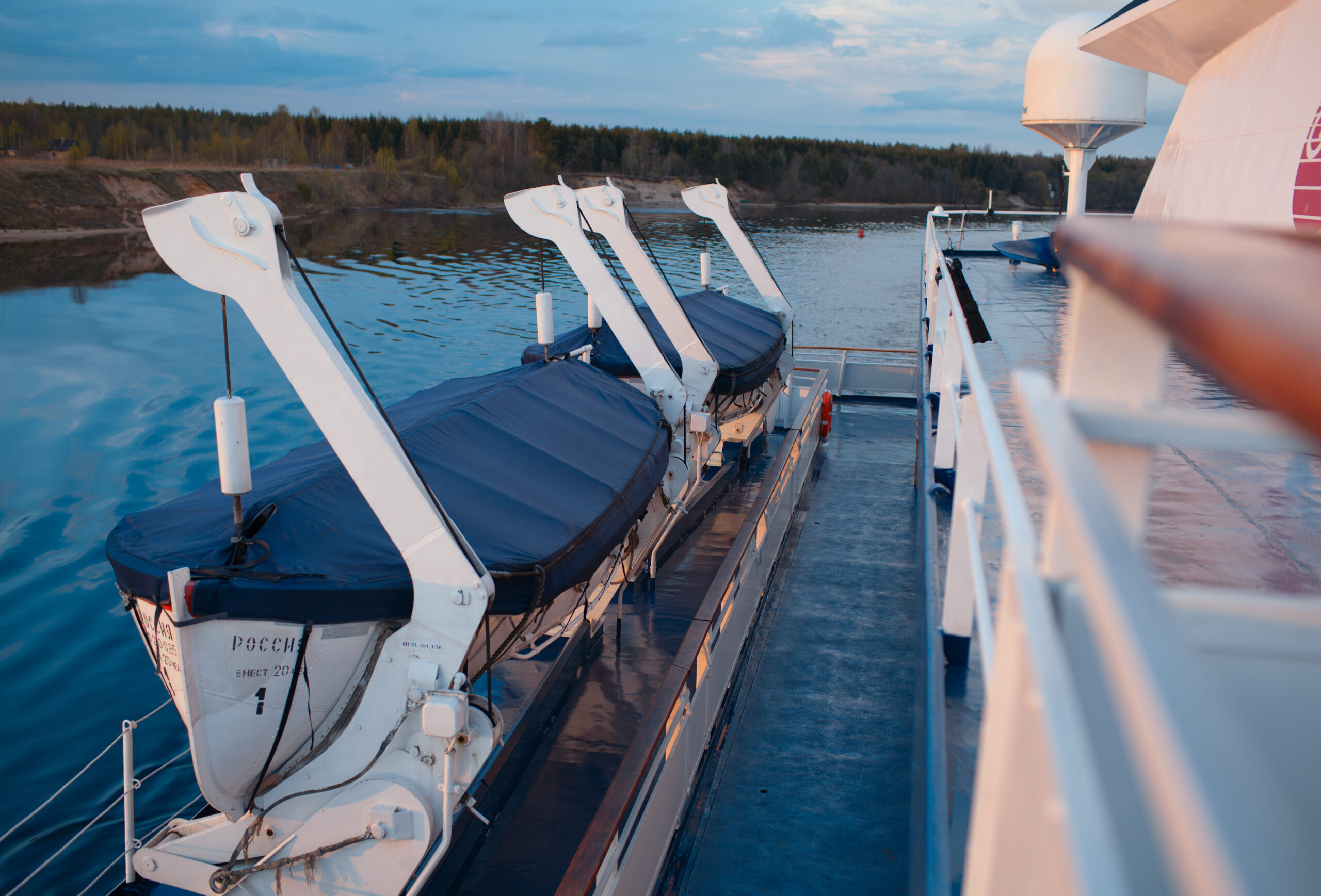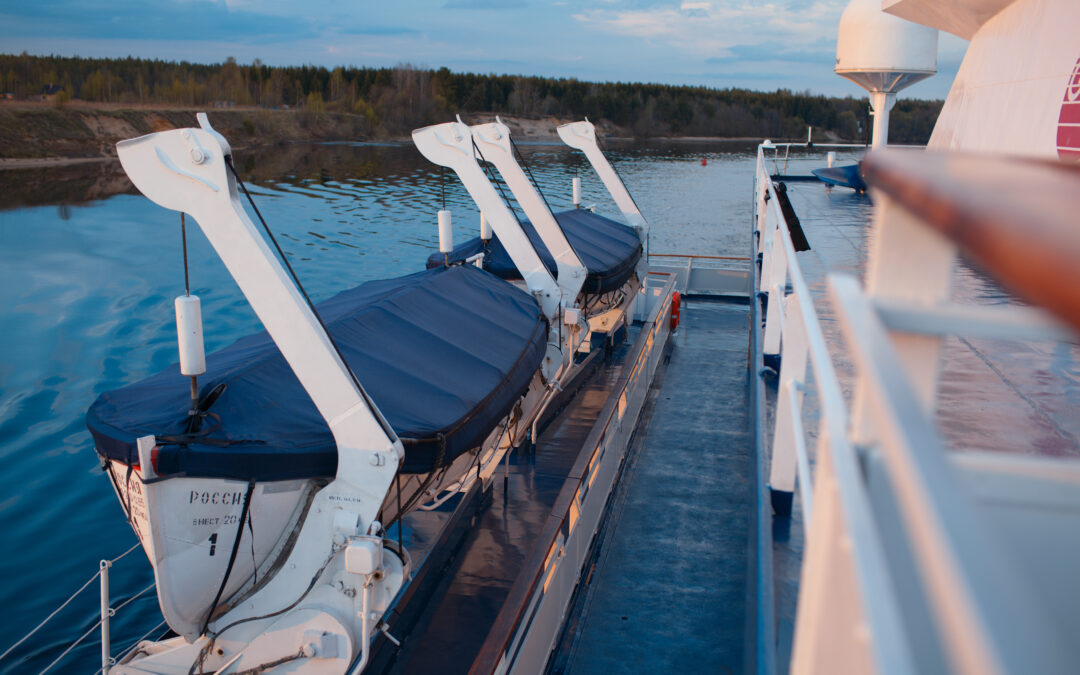Welcome to . In this blog post, we will cover the essential skills you need to know to become self-reliant and independent. Whether you are preparing for a crisis or simply want to live a more sustainable life, these skills will help you achieve your goals. Let’s get started!
Introduction to Self-Reliance
Self-reliance is the ability to take care of yourself without relying on others. It involves being able to provide for your basic needs such as food, water, shelter, and medical care. By becoming self-sufficient, you can reduce your dependence on society and gain a sense of freedom and independence.
The Importance of Food Storage and Preservation
Food storage and preservation are critical skills for survival and self-reliance. You should aim to store at least three months’ worth of emergency food supplies in case of a disaster or crisis. Learn how to preserve food by canning, dehydrating, freezing, and fermenting. These techniques will allow you to extend the shelf life of your food and ensure that you have enough to last through difficult times.

Water Collection and Purification Techniques
Access to clean drinking water is crucial for survival. Learn how to collect rainwater, purify stream water, and distill seawater. You can also use water filtration systems, boiling, and chemical treatments to make water safe to drink. Remember to always carry a portable water filter with you when traveling or hiking.
Shelter Building and Fire Starting Skills
Knowing how to build a shelter and start a fire is vital for wilderness survival. Practice building different types of shelters such as lean-tos, teepees, and snow caves. Start fires using various methods like matches, lighters, flint and steel, and magnesium sticks. Learning how to light a fire quickly and efficiently could save your life one day.
Basic First Aid and Medical Preparedness
First aid knowledge and medical preparedness are critical components of self-reliance. Take a first aid course and learn how to handle common injuries and illnesses. Stock up on essential medicines, antibiotics, and bandages. Also, consider learning about natural remedies and herbal medicine to complement your medical kit.
Sustainable Gardening and Farming Methods
Growing your own food is an excellent way to become self-sufficient. Learn about organic gardening practices, composting, and crop rotation. Consider raising chickens, goats, or other small livestock for meat and dairy products. Explore permaculture design principles to create a self-sustaining ecosystem in your backyard.
Renewable Energy Sources for Off-Grid Living
Learning about renewable energy sources is crucial for off-grid living. Solar panels, wind turbines, hydroelectric power, and biomass heating systems are all great options for generating electricity and heat. Research which option works best for your location and budget.
Wilderness Survival Tips and Tricks
If you find yourself lost or stranded in the wilderness, there are several things you can do to increase your chances of survival. Learn how to navigate using a map and compass, build a signal fire, and attract attention with reflective surfaces. Always pack extra clothing, food, and water before heading out into the wild.
How to Make Your Own Tools and Equipment
Making your own tools and equipment is not only cost-effective but it also allows you to customize them according to your specific needs. Learn how to blacksmith, carve wood, and sew leather. With some creativity and resourcefulness, you can create almost anything you need for your homestead or survival kit.
Community Building and Social Networks in a Crisis
Building community ties and social networks is important during crises. Join local prepper groups, volunteer for disaster response teams, and attend survivalist conferences. Having a support system in place will give you peace of mind knowing that you are not alone in your journey towards self-reliance.
In conclusion, mastering these key skills will set you on the path towards self-sufficiency and independence. Becoming self-reliant takes time, effort, and dedication, but the benefits are well worth it. Good luck on your journey!





